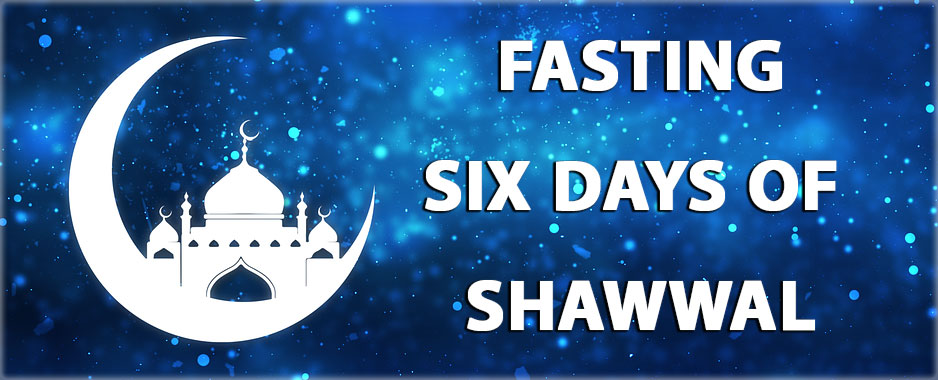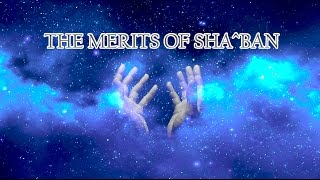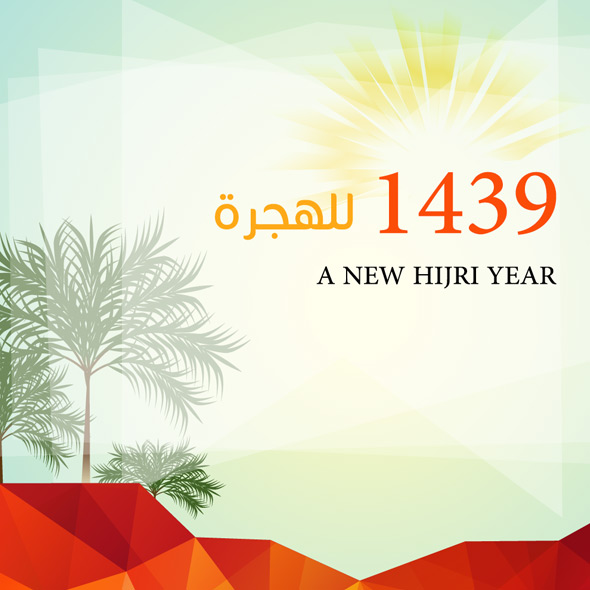Ramadan Is the Best Month in the Islamic Calendar
Written by 2mfm on 20 May 2017
Imsakiyyah for Sydney – Australia
What is the month of Ramadan?
The month of Ramadan is the ninth month of the lunar year and it is the month when the Qur’an was revealed to Prophet Muhammad ﷺ. It is the best month of the year, as the night of al‑Qadr in Ramadan is the best night of the year. Fasting became an obligation on the Muslims in the second year after the immigration of Prophet Muhammed ﷺ, Prophet Muhammed ﷺfasted Ramadan for nine years after which he died.
Ramadan is a month that the pious people await, men and women await its days and nights to perform more acts of worship therein. One of the doors of Paradise, named Ar-Rayyan, is specified for those Muslims who used to fast in this world. On the Day of Judgment it will be opened, and those who used to fast in obedience to Allah will be called to enter through that door. Then Ar-Rayyan will be closed, and no others will enter through it.
The Merits of Fasting During Ramadan
In Surat al-Baqarah verse 183, Allah said:
يَا أَيُّهَا الَّذِينَ آمَنُوا كُتِبَ عَلَيْكُمُ الصِّيَامُ كَمَا كُتِبَ عَلَى الَّذِينَ مِن قَبْلِكُمْ لَعَلَّكُمْ تَتَّقُونَ
Which means: “O believers, fasting is an obligation upon you, as it was ordained upon
the Muslim nations before you, to help you become pious”. Fasting the month of Ramadan is a great act of worship. In the following Qudsiyy hadith narrated by al-Bukhariyy, Muslim and many others, is sufficient to show the merit of Ramadan:
الحسنة بعشر أمثاالها إلى سبعمائة ضعف
إلا الصوم فإنه لي وأنا أَجزِي به
Which means : [The reward of every good deed is multiplied by ten up to seven-hundred times, except that of the Fasting; it is usually done in sincerity and will be multiplied by as many times as Allah wills].
So the starting days of Ramadan are filled with special mercies, its middle days unfold with forgiveness and its last days end with protection from Hellfire. Whoever provides food to a fasting person to break the fast will be rewarded greatly; His sins will be forgiven and by the Will of Allah he will be protected from Hellfire and rewarded greatly. Ramadan is also a time when the lead devils are chained and the doors of Hellfire are closed.
Determining the Beginning of Ramadan
The scholars of the four schools of Islamic Jurisprudence agreed that the basis for determining the beginning of Ramadan is as follows: The crescent is visually observed after the sunset of the twenty-ninth (29th) day of Sha^ban. If the crescent is sighted, then the following day will be the first day of Ramadan. However, if the crescent is not sighted, then the next day will be the thirtieth (30th) of Sha^ban and the day after will be the beginning of Ramadan. This is authenticated in the Qur’an in Surat Al-Baqarah verse 185, Allah said:
فَمَن شَهِدَ مِنكُمُ الشَّهْرَ فَلْيَصُمْهُ
Which means: “So, whoever sights [the new moon of] the month, let him fast it”. Moreover, the scholars of Islam emphasized the reliance is on this rule and no attention is given to the sayings of mathematicians and astronomers, nor are their sayings relied upon in determining the beginning and ending of fasting. Imam Ahmad, Imam Muslim, Abu Dawud and An-Nasa’iyy all narrated that the Prophet ﷺ said what means: “We do not rely on writings or calculations to determine the beginning or the end of the month. The month is either twenty- nine or thirty (29 or 30) days.”
Who must fast during Ramadan?
Every accountable Muslim is obligated to fast the month of Ramadan. The fast of a menstruating or postpartum-bleeding woman is not valid; however, they have to make up the missed days.
Even if fasting is not tedious, it is permissible for the traveller of a shortening distance (qasr) not to fast, however, to remain fasting in this situation is better as stated in the Qur’an in Surat Al-Baqarah verse 184:
وَأَن تَصُومُوا خَيْرٌ لَّكُمْ ۖ إِن كُنتُمْ تَعْلَمُونَ
Which means: “And whoever chooses to fast – it is better for him. Verily, to fast is better for you, if you only knew”. Breaking the fast is permissible for the sick person, the pregnant woman, and the nursing woman who cannot bear the hardship of fasting. However, making up the missed days is obligatory.
The Integrals of fasting
The integrals of fasting are only two, which are:
- Make the intention each night to fast the following day;
- Abstain from the invalidators of fasting such which are:
- Sexual intercourse
- Inserting anything with a volume into the head or the body cavity through an open inlet, excluding one’s pure (tahir) saliva while still inside the mouth.
- Inducing vomit
- Apostasy
The Muslim must abstain from committing apostasy at all times. Apostasy takes one out of Islam and it invalidates ones fasting, even if one returns to Islam immediately afterwards. After returning to Islam, one must abstain from eating and other fasting invalidators for the remainder of the day out of respect to the month of Ramadan. Moreover, one must make up the invalidated
day(s) of fasting after Ramadan.
How did the Prophet spend Ramadan?
- Our beloved Prophet used to gather his companions and give them the glad tidings of the beginning of Ramadan to draw their attention and to give them a signal that the starting month is a month full of barakah (blessings).
- Our beloved Prophet started his day with praying Fajr in congregation as it was his norm in the other months.
- He would sit after Fajr Prayer supplicating and praising Allah until sunrise.
- When it was forenoon, the Prophet would perform Salat Duha (the optional Forenoon Prayer).
- The Messenger of Allah used to praise Allah a lot during his day.
- He used to give a lot of Sadaqah during Ramadan especially after revising the Qur’an with Angel Jibril.
- He used to read Qur’an in abundance in Ramadan.
- The Messenger of Allah used to hasten the breaking of his fast after sunset.
- The Messenger of Allah would break the fast with fresh dates before performing Salat. If there were no fresh dates then (he would break the fast) with dried dates, and if there were no dried dates then he would take a few sips of water.
- When the last ten nights (of Ramadan) would begin, the Messenger of Allah (ﷺ) would keep awake at night (for prayer and devotion), awaken his family and prepare himself to be more diligent in worship.
- Our Beloved Prophet used to eat sahur and he urged his Ummah to do so because of its immense blessings.
Video Lectures about Ramadan and fasting
The Jewels of Ramadan
In this PowerPoint themed lecture, Sheikh Ibrahim El-Shafie was once again invited by the Islamic and Arabic Research League of the Western Sydney University to deliver an enticing lecture about the Holy month of Ramadan. In this blessed event, the following topics were discussed:
- Ramadan and its Merits
- How the Prophet ﷺ and his Companions spent Ramadan
- How to sight the Crescent of Ramadan
- How to gain forgiveness in Ramadan
Watch to entire lecture to find out more.
https://youtu.be/JUGrWM8o6Zw?list=PL6ZIpgbclrC1wXyvbTy-8C-1O6ghjFk4X
The Blessings and Illuminations of Ramadan
Ramadan is the month the pious await, it is the best of all months. Every reward is multiplied by ten (ten is the minimum) up to seven hundred times, except the reward of fasting (which is usually done in sincerity) Allah will reward up to how many he wills. This lesson will help motivate you to work harder for the Hereafter.
https://youtu.be/jgBoVsMvGwA?list=PL6ZIpgbclrC1wXyvbTy-8C-1O6ghjFk4X
Are You Ready For Ramadan
Sheikh Ibrahim El-Shafie give some tips and advice on how to prepare for the Holy Month of Ramadan and welcoming it.
Ramadan – The Month of Forgiveness
Fasting the month of Ramadan is an obligation and a great worship. It is among the best acts of obedience and among the greatest deeds, and in Fasting there is great reward.
https://youtu.be/t34NgeSnxvY?list=PL6ZIpgbclrC1wXyvbTy-8C-1O6ghjFk4X
Fasting Part 1
In this lecture, Sheikh Ibrahim El-Shafie goes over some of the rules of fasting from the famous text Matan Abu Shuja^ compiled by the Judge Abu Shuja^. The sheikh goes over the conditions of when one is obligated to start fasting the month of Ramadan, who should fast and who is not obligated to fast the month of Ramadan, the integrals of fasting and the invalidators of fasting.
Fasting Part 2
In this lecture, Sheikh Ibrahim El-Shafie continues on the topic if fasting from the text Matan Abu Shuja^ written by the Judge Abu Shuja^. The sheikh goes over the recommended matters of fasting, when one is not allowed to fast, what one should not do while fasting which is not an invalidator of fasting, when one is allowed to break their fast due to an Islamic excuse and the conditions pertaining to it, determining the month of Ramadan by sighting the crescent and what to do if the crescent is not sighted.






